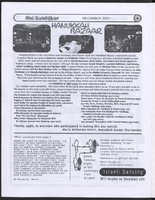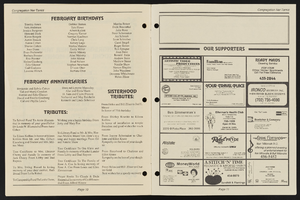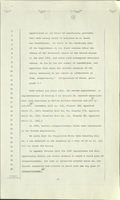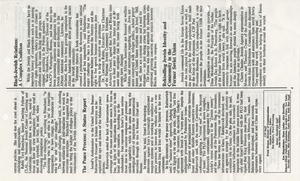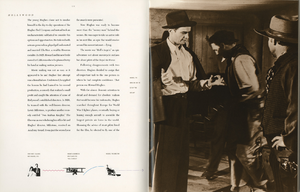Search the Special Collections and Archives Portal
Search Results
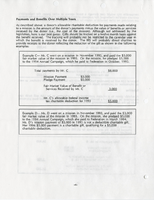
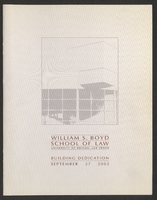
William S. Boyd School of Law building dedication program
Date
Archival Collection
Description
Folder contains program of a building dedication for the William S. Boyd School of Law at the University of Nevada, Las Vegas. From the University of Nevada, Las Vegas William S. Boyd School of Law Records (UA-00048).
Text

Eloiza B. Martinez oral history interview: transcript
Date
Archival Collection
Description
Oral history interview with Eloiza B. Martinez conducted by Maribel Estrada Calderón on October 10, 2018 for the Latinx Voices of Southern Nevada Oral History Project. Martinez discusses the career preparedness she took while working for Commercial Credit Corporation and studying with Mayor Oscar Goodman. She then describes her first impressions of Las Vegas, Nevada and about her community involvement. Martinez then discusses her work at Wells Fargo as loan officer and assistant vice president, and talks about discrimination in the workplace and in the neighborhood where she grew up.
Text

Andrew Walsh oral history interview: transcript
Date
Archival Collection
Description
Oral history interview with Andrew Walsh conducted by Barbara Tabach and Claytee D. White on February 13, 2019 for the Remembering 1 October Oral History Project. In this interview, Walsh recalls his early life in New York City, New York, and working for the New York Police Department. He then recalls moving and joining the Las Vegas Metropolitan Police Department in 1998. He discusses his current position as Deputy Chief/Division Commander of Tourist Safety, his role in the aftermath of the October 1, 2017 mass shooting at the Route 91 Harvest Festival, and community healing.
Text

Andrea Gardea oral history interview: transcript
Date
Archival Collection
Description
Oral history interview with Andrea Gardea conducted by Barbara Tabach on June 26, 2019 for the Remembering 1 October Oral History Project. Gardea starts talking about her early life, family, and family history. She explains why she moved to Las Vegas, Nevada in 2002 and why she chose to attend University of Nevada, Las Vegas. After, Gardea describes what happened before and during the Route 91 Harvest festival, what she experienced during the shooting, and her journey in escaping the scene. She talks about the aftermath of the shooting, the trauma and PTSD experienced, and her healing process. Gardea also talks about the making of Engelland’s Vegas Born Heroes Foundation in 2018, what they do, and what they represent. Lastly, she talks about her opinions on gun control and her viewpoint on making peace.
Text

